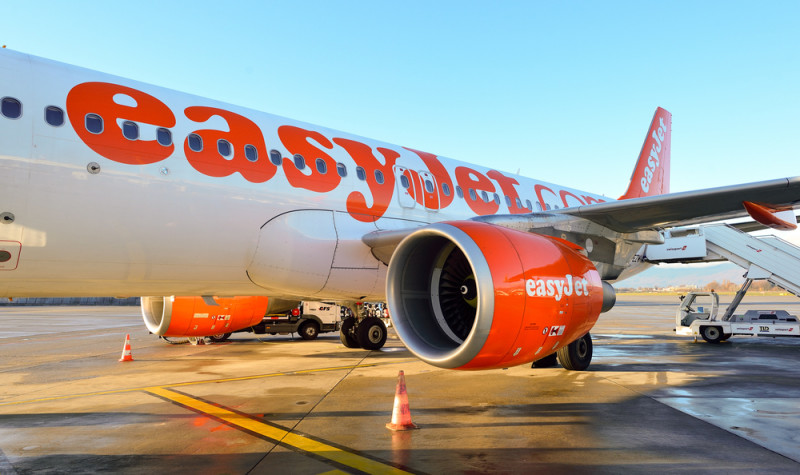Why easyJet and IHG’s share prices may be undervalued

The travel and leisure industry has experienced a hugely challenging couple of years. Covid-19 has caused unprecedented travel restrictions that continue to be in place in some parts of the world.
As a result, the outlook for the share prices of companies such as easyJet (LON: EZJ) and IHG (LON: IHG) remains highly uncertain. When rising inflation that could cause a cost of living crisis and war in Ukraine are factored in, their near-term stock price performance could be relatively volatile.
However, on a long-term view, their valuations, strategies and financial positions suggest they offer favourable risk/reward opportunities.
easyJet
easyJet’s share price has fallen by almost 60% since the start of the pandemic. Its latest trading update highlighted that its future prospects are closely linked to the path taken by Covid-19, with the Omicron variant causing further disruption in its most recent quarter.
Encouragingly, the firm reported an improving load factor prior to the emergence of Omicron. This suggests that as the pandemic becomes endemic and travel restrictions ease, demand for the firm’s offering could increase.
Indeed, easyJet is forecast to deliver an improving bottom line over the next two years. Its earnings per share is expected to rise from 4p in the 2022 financial year to 64p in 2024. If met, this latter figure would mean it trades on a price-earnings ratio of just over 8. This provides a wide margin of safety in case the pandemic, and other factors such as a cost of living crisis, cause weaker demand over the coming months.
In terms of financial position, easyJet has been able to strengthen its liquidity since the start of the pandemic. As at the end of the 2021 calendar year, it had a cash position of £2.9bn. Alongside various cost reduction measures that have helped to limit cash burn, this suggests it has the financial means to survive further challenges in the short run to experience a recovery over the long term.
IHG
IHG’s share price has recovered strongly following its initial decline at the start of the pandemic. Indeed, it currently trades slightly above its pre-Covid price level. As a result, it has a fairly heady price-earnings ratio of 26.
However, IHG’s upbeat earnings outlook helps to justify its premium valuation. Over the next two financial years, it is forecast to post a 20% annualised rise in earnings per share. It stands to benefit from an easing of Covid-19 travel restrictions that could provide a fillip for its global estate of hotels.
In the firm’s latest results, it highlighted a reduction in net debt of 26%. It also has a global pipeline of 271k rooms, which represents over 30% of its current global estate of 880k rooms. This highlights its growth capacity, with plans to upgrade its loyalty programme and digital offering having the potential to improve its market position.
Clearly, IHG’s future performance also hinges on how the pandemic progresses. But with an improving financial position and attractive growth prospects, it seems to offer share price appreciation potential over the coming years.
Comments (0)